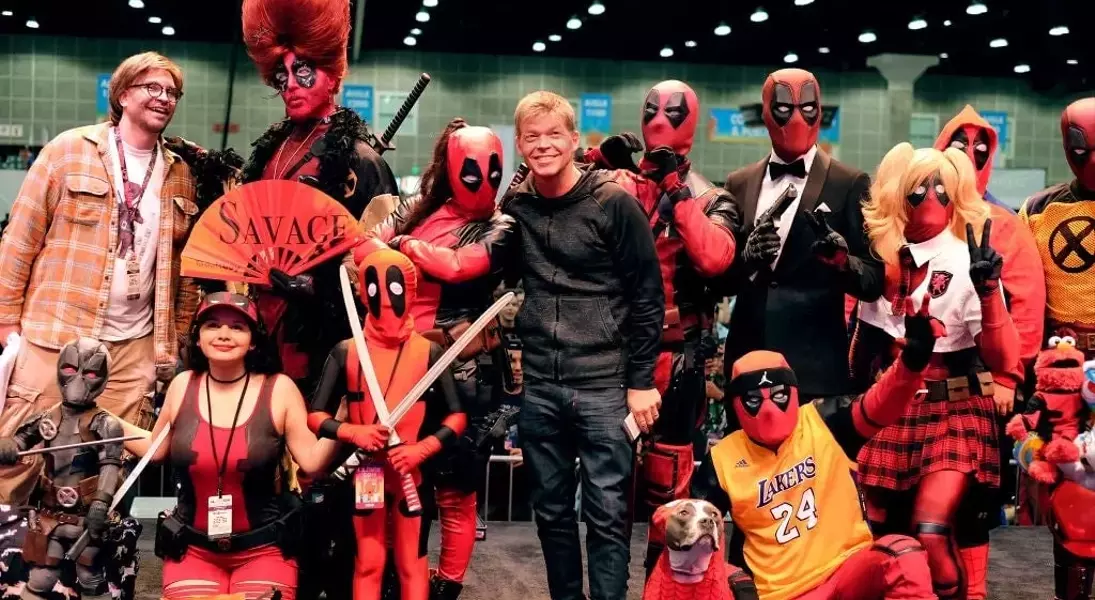
Comic artist Rob Liefeld, co-creator of Deadpool, has announced his decision to cease working with Marvel due to perceived slights and disappointments. This move follows a series of incidents that culminated in the New York premiere of Deadpool & Wolverine. Liefeld's grievances highlight ongoing tensions between comic creators and Marvel Studios, raising questions about the treatment of original creators in the film industry. The situation also reflects broader issues within the entertainment sector regarding recognition and respect for those who bring beloved characters to life.
A Series of Disappointments Leading to the Final Decision
Liefeld's relationship with Marvel has deteriorated over time, particularly after the character transitioned from Fox to Disney. He voiced concerns about feeling unwelcome during events and being sidelined at significant moments. During the New York premiere of Deadpool & Wolverine, Liefeld and his family were denied access to the afterparty, and he felt ignored by Marvel Studios president Kevin Feige. These incidents, among others, contributed significantly to his decision to step away from Marvel.
According to Liefeld, these occurrences were not isolated but part of a pattern that began when Deadpool moved from Fox to Disney. At Fox, Liefeld enjoyed a more welcoming environment, even making cameo appearances in the films. However, under Disney’s management, he found himself increasingly marginalized. Liefeld expressed his feelings on his podcast, stating that these actions were meant to embarrass and diminish him. Despite Marvel's confusion over these claims and the timing of Liefeld's public statements, the cumulative effect of these incidents led to his ultimate decision to sever ties with the studio.
Broad Implications for Comic Creators and the Industry
Liefeld's departure underscores a larger issue within the comic and film industries—the treatment of creators who originally conceptualized iconic characters. Several other creators have faced similar challenges, including Jim Starlin, Ta-Nehisi Coates, Joe Casey, and Nick Dragotta. This trend raises concerns about fair compensation and creative credit, especially as these characters become lucrative franchises. Liefeld's case adds weight to the argument that creators deserve better recognition for their contributions.
Despite the strained relationship, Liefeld has left an indelible mark on Deadpool, immortalized in the film through an inside joke referencing his artistic style. His involvement in fan screenings and set visits indicates a history of engagement that ultimately soured. Moving forward, it remains to be seen whether recent efforts towards better synergy between Marvel's film and comic divisions will address these issues. For now, Liefeld's exit marks a significant moment for both the creator and the industry, highlighting the need for improved relations between studios and the artists who shape their universes.
